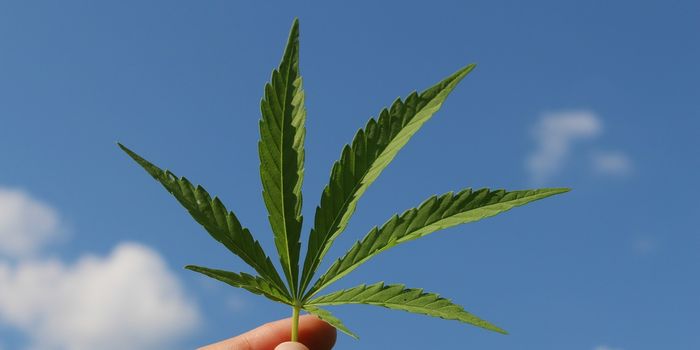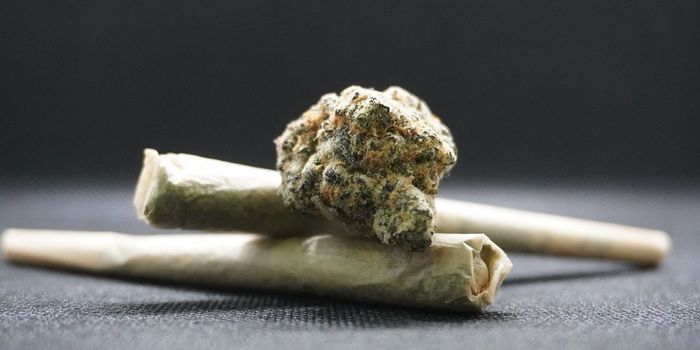A diet rich in phytoestrogens can help combat inflammation in multiple sclerosis.
Close to one million people in the United States are living with multiple sclerosis (MS). MS is a chronic, neuroinflammatory disease in which the immune system attacks the central nervous system leading to damage and inflammation. In a recent study published in Science Advances researchers are investigating whether an individual’s diet can help combat the aberrant inflammatory processes in MS.
The genetic contributions to MS are well characterized, but less is known about how environmental factors, such as diet, can contribute to disease progression. Within each of us, there is a host of bacteria that help to break down food and aid in harvesting energy and essential nutrients from what we eat. These bacteria are part of the gut microbiome and some of the bacteria in the microbiome are responsible for digesting phytoestrogens. Phytoestrogens are unique, naturally occurring compounds that resemble, in structure and function, the class of hormones called estrogens. Isoflavones are a major type of phytoestrogens and are typically found in legumes such as the soybean.
The researchers had previously found that individuals with MS lack the appropriate microbiome bacteria to digest and harvest the nutrients from isoflavones. Here they followed up on this study to understand whether a diet rich in isoflavones confers protection against inflammation in an animal model of MS. To overcome the lack of isoflavone-digesting bacteria in the MS model, the researchers administered the by-product that is typically produced when isoflavones are broken down by bacteria in the microbiome. After administration of this by-product, the researchers found that inflammation was significantly reduced in the mouse model of MS.
This study is important for MS research for several reasons. First, it helps add to the growing literature to show how different environmental factors can contribute to the progression of MS. Second, it supports that notion a diet rich in isoflavones can help to reduce the inflammation associated with MS and may help to alleviate disease severity. Last, this study points to the gut microbiome as a source of therapeutics in MS. Future research will help to characterize and discover how the gut microbiome can be utilized to combat inflammation in MS.
Sources: National MS Society, Science Magazine, Nature & Nature









